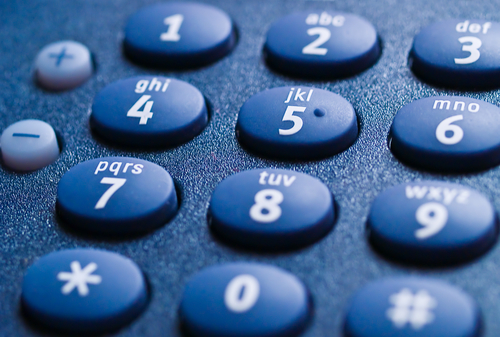Security services come clean on phone and internet taps: over 3,500 last year

The Dutch security services AIVD and MIVD have published their first ever phone tap figures, showing a steady increase in phone call interception since 2002.
Fifteen years ago, the two organisations planted 559 phone and internet taps, or secret microphones, but by last year this had risen by almost 3,000 to 3,553, the Volkskrant said on Wednesday.
The publication of the figures follows a court case brought by privacy lobby group Bits of Freedom, which went as far as the Council of State, the highest Dutch administrative court.
The cabinet blames the rise in security service taps on the growing terrorist threat, cyber crime and the increasing instability on the edges of Europe, the paper said.
The figures do not include taps placed by the police, which reached almost 25,000 in 2016, the Volkskrant said. In addition, the police made 60,000 requests for information about older phone traffic.
Next week, Dutch nationals can vote in a referendum on a new law to give sweeping internet tapping powers to the security services.
The controversial legislation gives the security services powers to tap entire networks and hack private individuals in the hunt for information. It has also been criticised by the government’s Council of State as well as various privacy bodies.
Thank you for donating to DutchNews.nl.
We could not provide the Dutch News service, and keep it free of charge, without the generous support of our readers. Your donations allow us to report on issues you tell us matter, and provide you with a summary of the most important Dutch news each day.
Make a donation